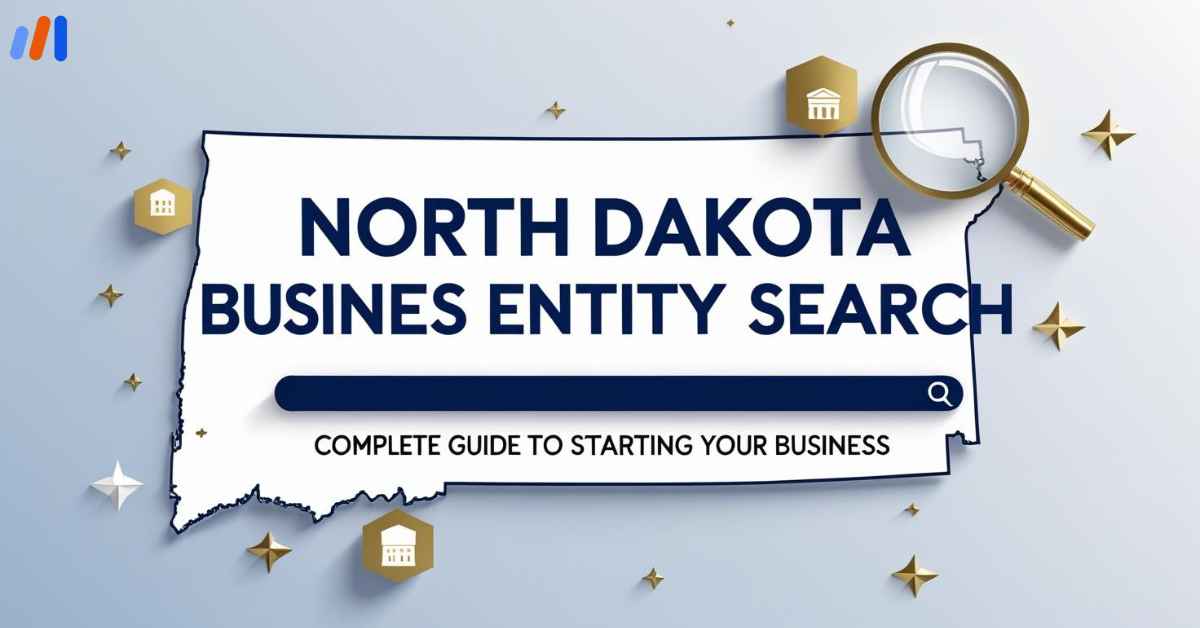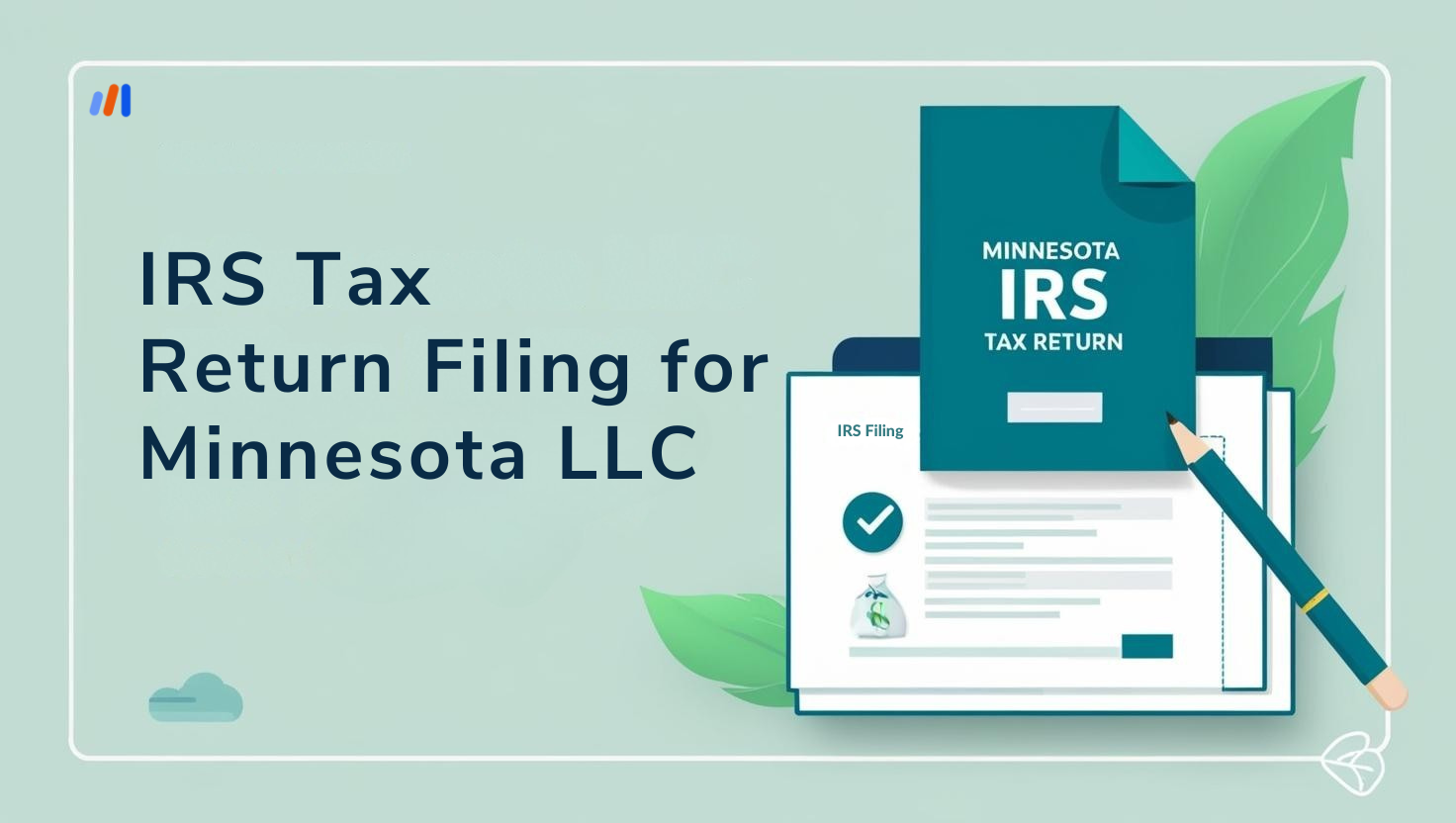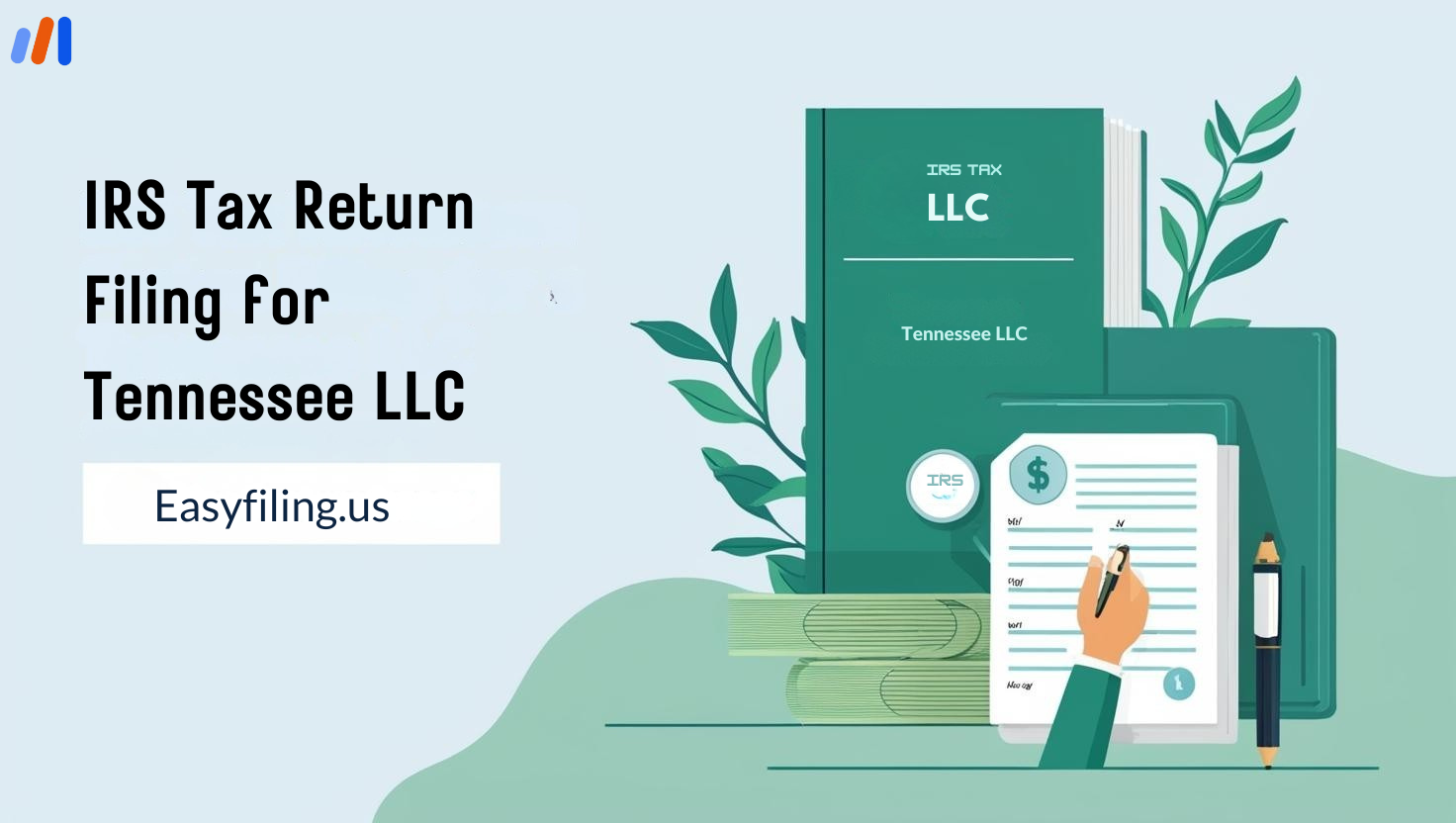Starting a business is no small task, and if you started as a sole proprietor, it most likely felt like the easiest approach to get things going. You start with no paperwork hassle, no upfront legal fees.
But today your company is expanding. You’re landing more business, making more income, and maybe wondering how to convert a sole proprietorship to an LLC to match your growth.
That’s where forming an LLC (Limited Liability Company) comes in.
Switching from a sole proprietorship to an LLC might sound intimidating, but it’s actually a smart move for many small business owners
Whether you’re a freelancer, consultant, or run a side hustle that’s turning into your main gig, converting to an LLC can give your business more protection, flexibility, and legitimacy.
Let’s break it all down so you can see if this switch is right for you — and how to make it happen without the overwhelm.
Three main advantages of choosing an LLC
If you still find yourself confused, here’s why so many company owners finally make the change:
1. Asset Protection
If something goes wrong on the job and legal action is taken, being a sole proprietor means your personal assets could be at risk. That includes your personal bank accounts, your car, and even your home, not just your business earnings.
Your business is its own legal entity when you form an LLC. Generally speaking, then, only the assets of the company are liable, not yours.
An LLC serves as a strong barrier separating your personal life from your business. That fence can greatly affect things going forward.
Tax Flexibility and Potential Savings
By default, LLCs are taxed the same way as sole proprietors; all profits “pass through” to your personal tax return.
But here’s the cool part: once you’re making consistent income, usually around $50K+ in profit, you can elect to be taxed as an S-Corp. This can save you money on self-employment taxes.
When you’re a sole proprietor, you have to pay self-employment tax on all your business profits. But if you form an LLC and choose S-Corp status, you can split your income into a salary and a separate payout. Only the salary gets hit with self-employment tax, which can help you save a lot on taxes.
3. Room to Grow and Gain
A sole proprietorship performs great when it is just you. But if you ever wish to bring on a business partner, apply for a loan, or generate funds, having a formal structure like an LLC helps everything run more smoothly and appeals more to others.
Moreover, some bigger customers and businesses refuse to even deal with sole proprietors. An LLC demonstrates your professionalism, seriousness, and long-term success orientation.
With clients, suppliers, banks, and even the IRS having an official business name and structure will help you project credibility.
It reveals that you run a business, not merely ‘do something on the side.’ If you’re ready to leap, here’s how to convert a sole proprietorship to an LLC in a few clear steps
Here’s Your Step-by-Step Guide to Becoming an LLC
Okay, so you’ve decided it’s time to go pro and are seriously considering how to convert a sole proprietorship to an LLC. Great choice! However, you’re probably wondering now, “Where do I even start?”
Don’t worry, you can complete this without being an expert in paperwork or a lawyer. Here is a straightforward, step-by-step guide to help you confidently make the switch:
✅ Step 1: Choose and Reserve Your LLC Name
Before anything else, you need a name for your LLC, and it has to be unique in your state.
How to check name availability:
Most state business websites have a free tool where you can search and see if the name you want is already taken. Just search “[Your State] business name search” to find it.
If the name is available, many states let you reserve it for a small fee while you finish your paperwork, kind of like putting a “hold” on your business name.
✅ Step 2: Appoint a Registered Agent
Every LLC needs a registered agent
They’re the person or company who receives official documents on your LLC’s behalf, like legal notices or tax forms. Think of them as your business’s emergency contact for the government.
- You can be your own agent (if you have a physical address in the state and are available during business hours).
- Or you can hire a registered agent service if you want more privacy or flexibility.
✅ Step 3: File Articles of Organization
This is the big one: these are documents that officially form your LLC with the state.
Where and how to file:
- You’ll file through your state’s Secretary of State website.
- Some states call it “Certificate of Formation” or “Certificate of Organization,” but it’s the same idea.
- There’s usually a fee (anywhere from $40 to $500, depending on your state).
State-specific requirements:
Each state has its own rules and forms. For a shortcut, check out your state’s LLC page
Heads up: Some states also require publishing a notice in a newspaper or paying an annual franchise tax after filing. A quick check on your state’s site will keep you on track.
✅ Step 4: Draft an LLC Operating Agreement
This one’s easy to skip, especially since some states don’t require it, but it’s super valuable. Even for solo businesses, it helps keep everything clear and separate.
Why it matters:
An Operating Agreement lays out the rules for how your LLC runs, even if you’re the only member. It helps prevent future conflicts, shows professionalism, and proves to banks or partners that you’re serious.
Key elements to include:
- Your LLC’s name and address
- Member names and roles (even if it’s just you)
- How profits and losses are split
- Decision-making rules
- What happens if someone leaves or the business closes
Even for solo businesses, it helps keep everything clear and separate.
✅ Step 5: Get a New EIN from the IRS
An EIN (Employer Identification Number) is like a Social Security number for your business. You’ll need a new one for your LLC, even if you already had one as a sole proprietor.
Why do you need it?
You’ll use your EIN to open a business bank account, file taxes, and handle payroll (if you hire anyone).
How to get it:
This is an essential step in the process of how to convert a sole proprietorship to an LLC, since your new EIN officially separates your business entity. You can apply EIN online for free directly through the IRS EIN Assistant. It only takes a few minutes.
✅ Step 6: Update Licenses, Permits, and Registrations
Now that your business is legally a new entity, it’s time to update all the paperwork that says who you are.
Check with your city, county, and state agencies to make sure everything is registered under your LLC’s name and EIN.
What needs updating:
- Business licenses
- Sales tax permits
- Home occupation permits
- Health or professional licenses
✅ Step 7: Open New Business Bank Accounts
Even if you had a business bank account before, you’ll need to open a new one under your LLC’s name and EIN.
Why this matters:
Keeping your personal and business finances separate isn’t just cleaner, it’s legally important. Mixing funds can weaken your liability protection.
Many banks also want your LLC’s business license or proof of registration with your state.
✅ Step 8: Transfer Assets and Liabilities
This is where you move your business life from a sole proprietorship to an LLC.
What to transfer:
- Equipment, inventory, domain names, website hosting accounts
- Business debts or obligations (where allowed)
- Intellectual property, like logos or trademarks
You may need to retitle assets like a business vehicle or a lease. In your LLC’s name. For existing debts, contact the lender — some will require new agreements.
✅ Step 9: Revise Contracts and Notify Stakeholders
You’re official now, it’s time to let people know! Send a short, professional note letting people know your business is now operating as an LLC, and provide your new EIN and W-9 form where needed.
Update:
- Contracts and service agreements
- Invoices and payment platforms (like PayPal or Stripe)
- Vendor accounts
- Client communications
5 Common Mistakes and How to Avoid Them
Switching to an LLC is exciting, but a few missteps can cause headaches later. Here are the ones to watch out for:
❌ Mixing personal and business finances: Always use separate accounts and never pay personal bills with business money or vice versa.
❌ Forgetting to update contracts and licenses: Your LLC is a new legal entity, so be sure everything reflects that.
❌ Not notifying clients and vendors: This can lead to confusion or payment issues. A quick email update keeps everyone updated.
❌ Skipping the Operating Agreement: Drafting an operating agreement helps safeguard your liability shield, even if you operate alone.
❌ Missing tax elections: If you want to be taxed as an S-Corp, you must file the proper IRS form (2553).
How EasyFiling Makes Your LLC Transition?
Knowing how to convert a sole proprietorship to an LLC can save you from costly mistakes and legal confusion. EasyFiling services make it even easier to get it right.
We streamline every step of the procedure, from determining whether a name is available to submitting your articles of organization, so you can create your LLC without worry or uncertainty. Our platform is designed to be quick, easy to use, and customized to meet the specific needs of your state.
We help you at every stage, we don’t just file paperwork. You can keep your business on track with EasyFiling’s customized checklists, reminders, and compliance advice. Do you require a registered agent?
We’ve got you covered. Are you confused about your EIN or operating agreement? To ensure that nothing is overlooked, we confidently and guide you through it.
The best part is that you get professional support without the high price tag. Whether you’re just starting or scaling up, our affordable LLC packages give you everything you need to protect your business, boost your credibility, and stay compliant all in one place.
With EasyFiling, turning your business into an LLC isn’t just doable, it’s a smart, stress-free move.
Frequently Asked Questions (FAQs)
What is a registered agent, and can I be my own?
A registered agent receives legal and government documents on behalf of your LLC. You can be your agent, but you must have a physical address and be available during business hours.
Can I be the only member of my LLC?
Yes, Single-member LLCs are totally legal and very common. You’ll still get liability protection and can run your business solo, no partners needed.
Do I need a new bank account after forming my LLC?
Yes, even if you had one before. Opening a new account under your LLC’s name and EIN helps keep your finances separate and protects your assets.
Can I be the only member of my LLC?
Yes, Single-member LLCs are totally legal and very common. You’ll still get liability protection and can run your business solo — no partners needed.
File Your LLC Today
25$ off with a coupon
Lock in EasyFiling's transparent rates and get lifetime compliance support at no extra cost.
Get Started Now








